Midnight Family
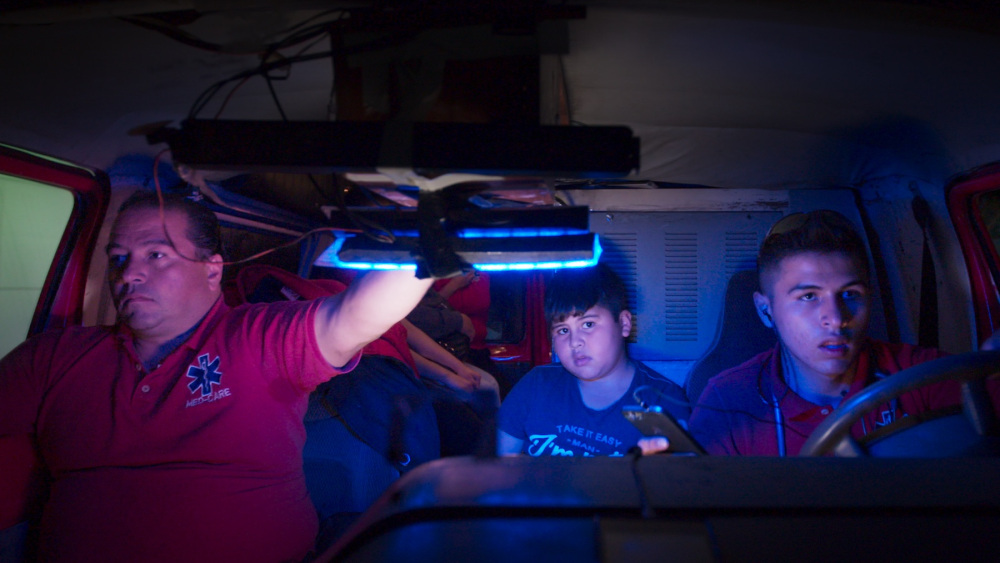
Midnight Family feels like a fast-paced, high-risk, never-been-done-before thriller. Instead of car chases, there are ambulance races; instead of good guys versus bad guys, there’s a range of morals brought under the lens, exposing just how nuanced what “the right thing to do” really is. But this isn’t an action film, this is a documentary.
Luke Lorentzen spent three years living with the Ochoa family: Fer, Juan and Josué – who run a private ambulance in Mexico City – to make this feature. The film opens with a shocking lesser-known truth: in Mexico City, only 45 government-run ambulances serve a population of 90 million. Filling a gap in society, as well as a gap in the market, the Ochoas work every single night, sleeping in their ambulance at times, to save the public from an immediate crisis.
Lorentzen’s time spent alongside the Ochoas pays off. The camera acts as a fly on the wall, allowing the viewer to unobtrusively delve into their family dynamic – a feat maximised by the immersive soundscape and award-winning cinematography. The Ochoas seem entirely at ease in the presence of the cameras, which are expertly positioned by Lorentzen to facilitate their genuine interactions and familial banter, fostering a close relationship between them and the audience. The viewer is rooting for the Ochoas: they’re witty, compassionate and incredibly likeable. This makes it all the more difficult to watch them go hungry, especially when the father, Fer, is unable to pay for his medicine, having gone yet another night saving the lives of people who are unable to pay them for their services.
But the Ochoa family aren’t clear-cut heroes. It’s uncomfortable to see them ask bleeding casualties to pay up, but it’s also somewhat understandable. The viewer is positioned in an unusual moral quandary, which lurks underneath every scene. The conundrum climaxes towards the end of the film, when a woman – Sonia – is whisked away in their ambulance, having fallen down four flights of stairs. We see the action unfold from the point of view of the windscreen, hooked to the emotions of the terrified mother who rides next to Juan in the front seats. When we arrive at the private hospital, which will pay the Ochoa family their wage, it’s too late. The mother asks Juan why they took them to a private hospital, which is much further away than the government-run one. The viewer is left to ponder whether this would have changed Sonia’s devastating outcome.
This isn’t just a documentary about Mexico’s failing healthcare. Nor is it about evil medical professionals profiting from the suffering of others. Midnight Family asks bigger questions. It acts as a microcosm for mankind’s relationship with virtue; by nature, we all follow the same mandate: stay alive. Under certain conditions, this translates into questionable decision-making that puts others at risk.
Francesca Lister-Fell
Midnight Family is released in select cinemas on 12th February 2020.
Watch the trailer for Midnight Family here:


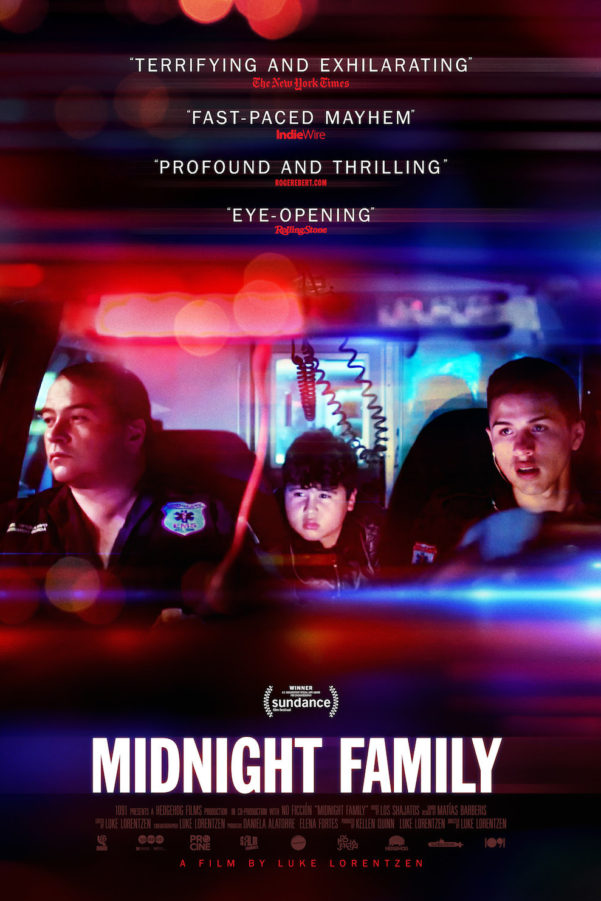
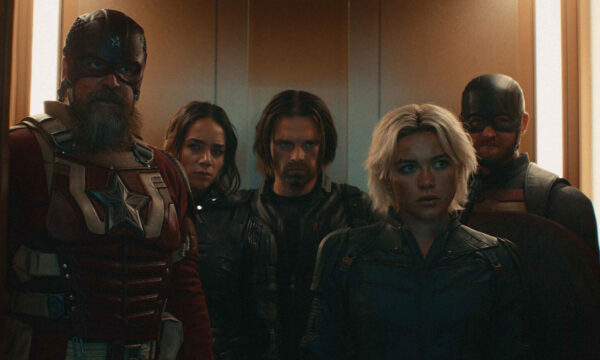
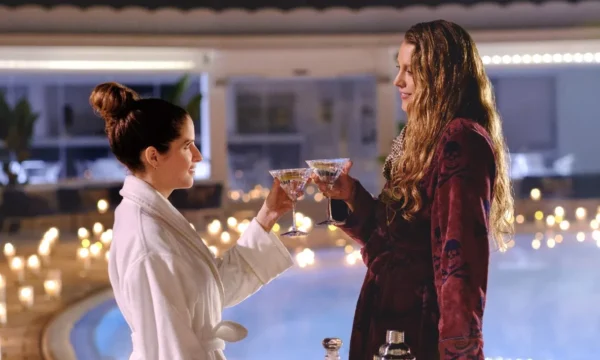
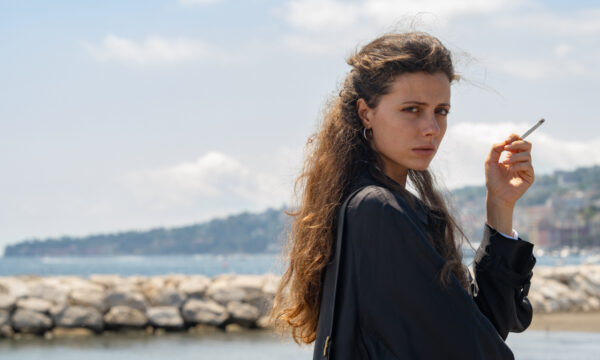











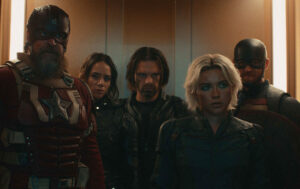

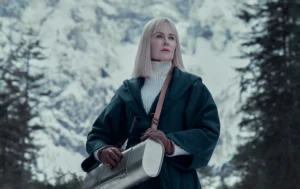
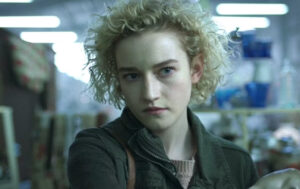






Facebook
Twitter
Instagram
YouTube
RSS